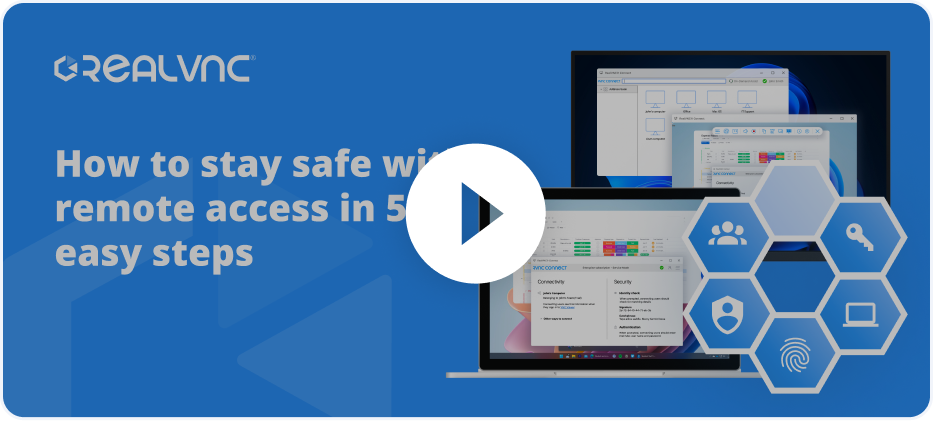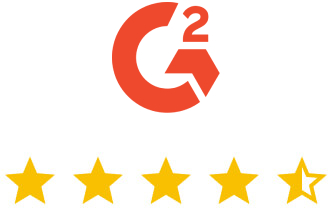We’ll give you a rundown of the top 5 benefits of remote working for businesses and employees. We’re just that generous!
1. Productivity and morale boost
Skeptics might think that remote workers make the most of their time away from the office by watching TV and doing their housework. While this might be the case when they take a break, overall they’re still working just as hard – if not harder!
There’s lots of evidence to suggest that remote employees feel more productive than their office-bound peers (see here, here and here). The key reasons for this enhanced productivity seem to be lower stress coupled with the desire to produce work of the highest standard. This is because employees want to continue benefiting from such an arrangement. In other words, remote workers do more because they value remote working so much that they don’t want to risk losing the privilege!
2. Office savings – of space and money!
Real estate. Two words that can strike fear into the heart of even the most seasoned business owner. It’s one of the largest costs for small-to-medium sized companies, and can be a huge drain on company funds.
Giving employees the option to telecommute could mean that the company’s metaphorical wallet is stretched a little less: if fewer people are in the office all the time, you can rent smaller premises. In fact, it has been estimated that the average business could save $11,000 per half time telecommuter per year. That’s more than just pocket change.
Once you have done your homework and acquired the tools you need to set up a remote working arrangement, renting a coworking space also becomes a viable option. While it’s not for everyone, in some cases this can be the perfect solution for a business, especially if you are in the process of scaling it and are not ready to commit to permanent, larger premises just yet.
3. Recruitment
The likelihood that the perfect candidate lives within a 30-mile radius of your business is pretty low. This can be a huge issue for startups and small businesses, who are already competing with the giant established enterprises and their shiny offices with foosball tables, free breakfasts and – wait, is that a slide?? The job market is largely candidate driven, especially in the world of tech, so they can be fussy about who they work for.
The agility provided by a remote working policy lifts those barriers, allowing access to a much wider pool of applicants. You can also offer staff who want to relocate the option to stay with the company and work remotely from their new location, improving employee retention. This solution can bring significant savings, especially considering that onboarding and training someone’s replacement can cost around a third of their annual salary.
4. Keeping the office healthy
You know what’s great for flu season? Sitting on a bus full of germs on your way to an office where that one fellow commuter just will not cover his mouth when he coughs. A lot of employees regularly go to work while sick, whether to avoid using PTO, the always-on culture, or fear of falling behind.
We’ve probably all done it too – you wake up feeling pretty awful, but you don’t think you’re unwell enough to warrant calling in sick, so you go in anyway. Allowing your employees to work remotely when this happens can help prevent the spread of seasonal illnesses in the workplace and minimize absences.
5. Save the planet
It’s no secret that the Earth is dying, and we’re running out of time to do anything about it. However, more can be done than just recycling and turning out the lights. If everyone in the USA with a compatible job worked from home 50% of the time, it could save 54 million tons of greenhouse gas emissions in a single year! If that doesn’t get every CEO’s corporate social responsibility sense tingling, what will?
Look, it’s not for everyone, but with the right tools by your side there are plenty of benefits to be had. We might be biased, but we think remote access is one of the most important tools for remote working – and it’s versatile too! Check out our free eBook to see just how many things it can help you to do better.













